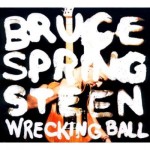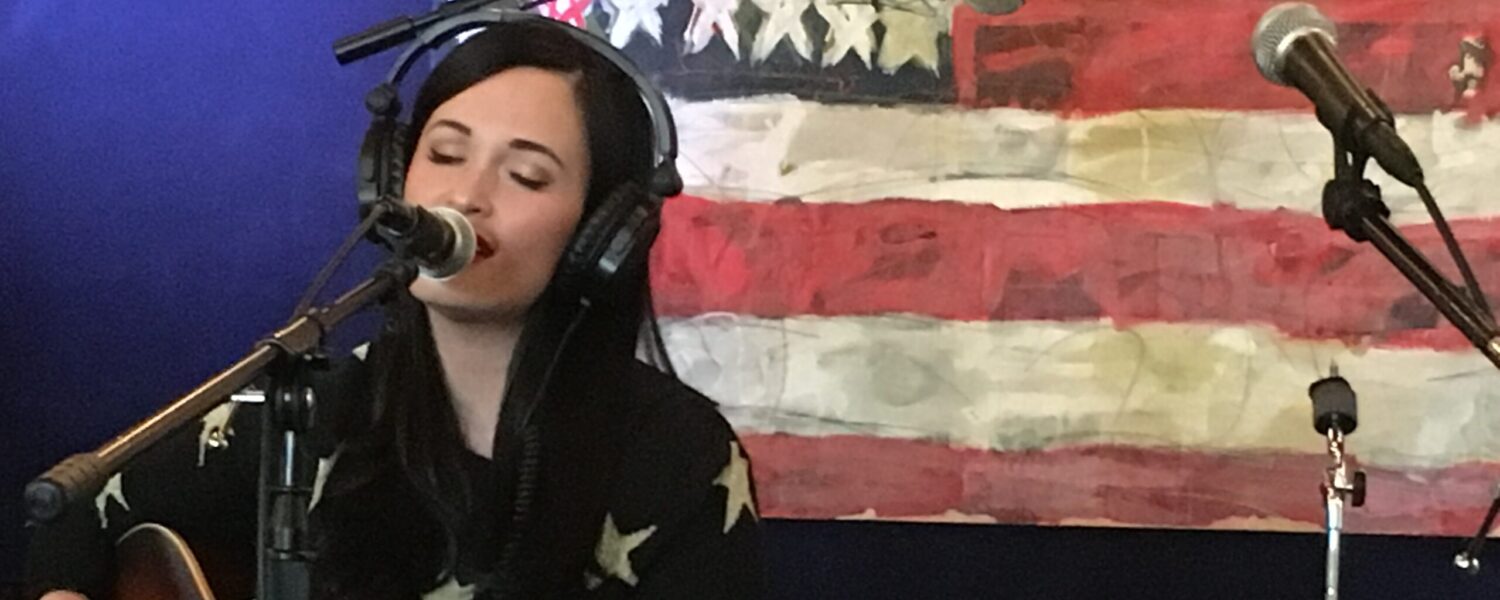 by Terry Roland
by Terry Roland
Bruce Springsteen’s Wrecking Ball is the antithesis of his nearly 30 year-old Born in the U.S.A. As a writer, he has always highlighted the dark edges and ragged truth found in an America that has more kinship with John Steinbeck and Woody Guthrie than Ronald Reagan.
While this earlier classic was in many ways just as dark as Wrecking Ball, it still held a hopeful and sometimes nostalgic view of America even while he sang of wounded vets, the decline of his hometown and dancing in the dark. But with Wrecking Ball, there is no nostalgia. There is only the anger of our present circumstances. The songs illuminate how we got here.
The opening track, “We Take Care of Our Own,” is a clear statement of the times and an answer to the arch-conservative movement of today embodied in The Tea Party and the current Republican field of presidential candidates.
It’s an open call for personal and political compassion as a fundamental ideal, a reflection on what it means to be patriotic and ultimately, what it means to be an American today. “Easy Money”and “Shackled and Drawn” contrast the plight of the rich and the poor alike in today’s economy.
One of the most compelling songs on the album is “Death To My Hometown,” which rings out with Celtic anger and a punk-like energy. Again, it stands in defiant contrast to the surrendered despair of “My Hometown,” from the Born in the U.S.A sessions.
In terms of being The Boss, Springsteen has always been the front-of-the-pack when it comes to narrative storytelling. This album doesn’t let us down. After “We Take Care of Our Own,” which serves as a kind of foreword, the stories unfold from anger to sadness to depression, and finally emerge with optimism on “Land of Hope and Dreams,” which borrows heavily from the song “Bound For Glory.,” leaning on the refrain “This Train” to deliver his own rock and roll sermon of faith, straight from the First Church of E-Street. The plus on this one is the late Clarence Clemons saxophone sailing in like an angel. It’s an apt tribute one of the great musical partnerships of American history.
Ultimately, the strongest musical influences and reference point of this album are the folk music of the ‘40s and ‘50s and the civil rights movement of the ‘50s and ‘60s. This album is a clear call to return to that kind of unity. Like his entire body of work, Springsteen never seeks easy answers to his hope and faith in God, country and his fellowman, but instead asks us to take a clear-eyed look at our own despair and to find the will to return to a patriotism based on truth, reality, compassion and humanity.
